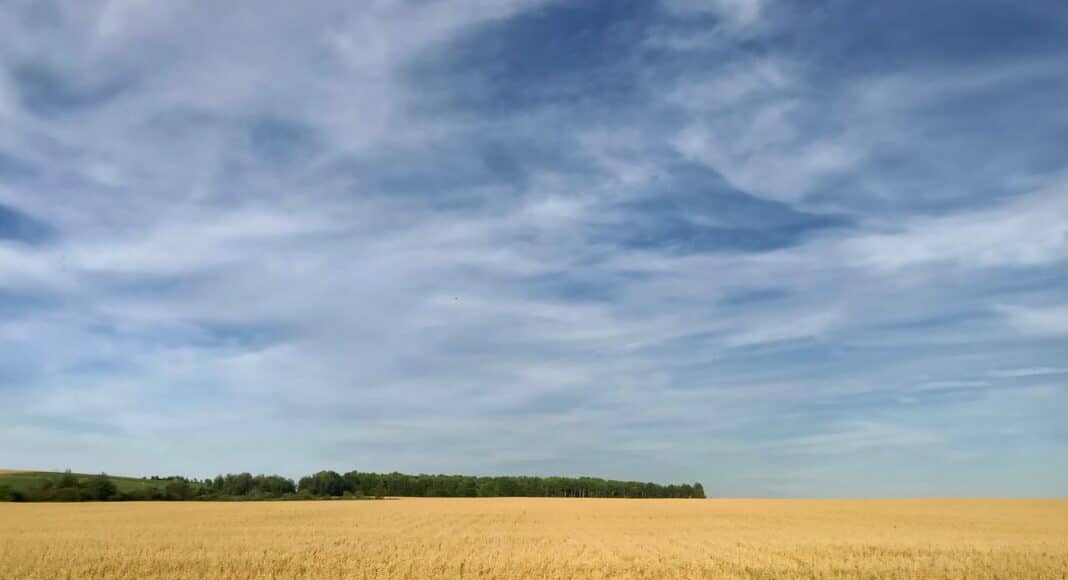I recently met with the director of agronomy for a large company that grows chipping potatoes. I convinced him a few years back to try soil fumigation with chloropicrin (sold as Strike). He appreciated the soil health and yield gains he achieved in year one but, to be entirely honest, he hasn’t been seeing the longer-term soil health gains that I tell people they can generally expect. What’s going wrong?
His company rents the land for a majority of their potato acres. They rent on a three-year cycle: they’ll rent in year one, someone else comes in to grow soybeans in year two, a third farmer grows corn in year three, and his company gets the land back to grow another cycle of potatoes in year four.
The reality is that a lot of the potato industry’s growing acres are rented land. Unfortunately, rented land is often tired land. Because future years aren’t guaranteed, renters tend to look at what they can extract inside of a growing season, not what they can add for future years.
Have you considered how an exclusively extractive, short-term outlook on rented land is impacting your long-term benefits? If building soil health over time isn’t a priority, yields will struggle to keep up with the costs of production and erode financial returns, making agriculture economically unsustainable. Focusing on functional sustainability is the key to soil health and more production for all.
Communication with all the players on any particular piece of rented land can help you achieve better soil health. Talk through how all the crops tie together, what short-term management techniques may be harmful or inhibiting, and how a systems approach could benefit everyone. Ask: where can we begin to collaborate?
Collaborating on a systems approach across all three crops will result in long-term gains for everyone. While what I’m suggesting is a big shift in approach, it’s a necessary shift. The rotation of crops may need to be altered, cover crops may be necessary. The use of Strike within a systems approach is when the longer-term soil health improvements begin. Strike is a soil fumigant that suppresses the bad (soil pathogens) while actively promoting the good (soil microbes that promote soil structure and nutrient cycling). Strike offers short term yield benefits, but its greatest soil health gains are over a multi-year term. As such, it is a foundational input that can bring all the land partners together. If we’re serious about sustainability, both environmental viability and economic longevity, all producers shifting to prioritizing the longer term help us reach those goals.








